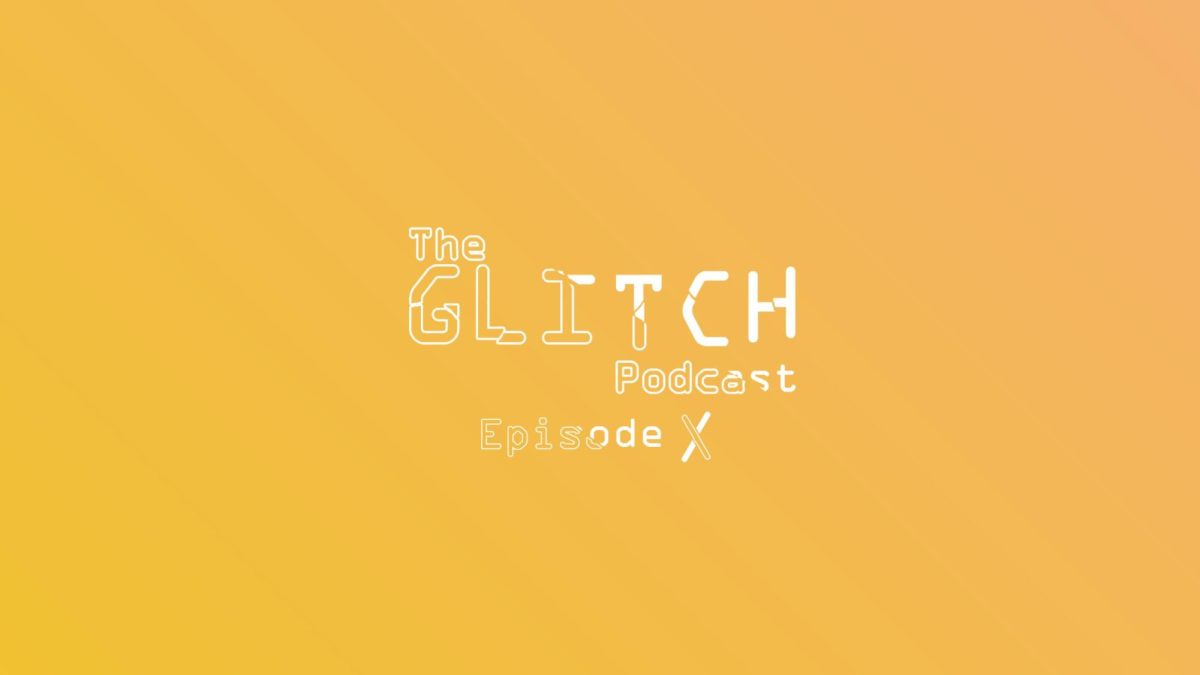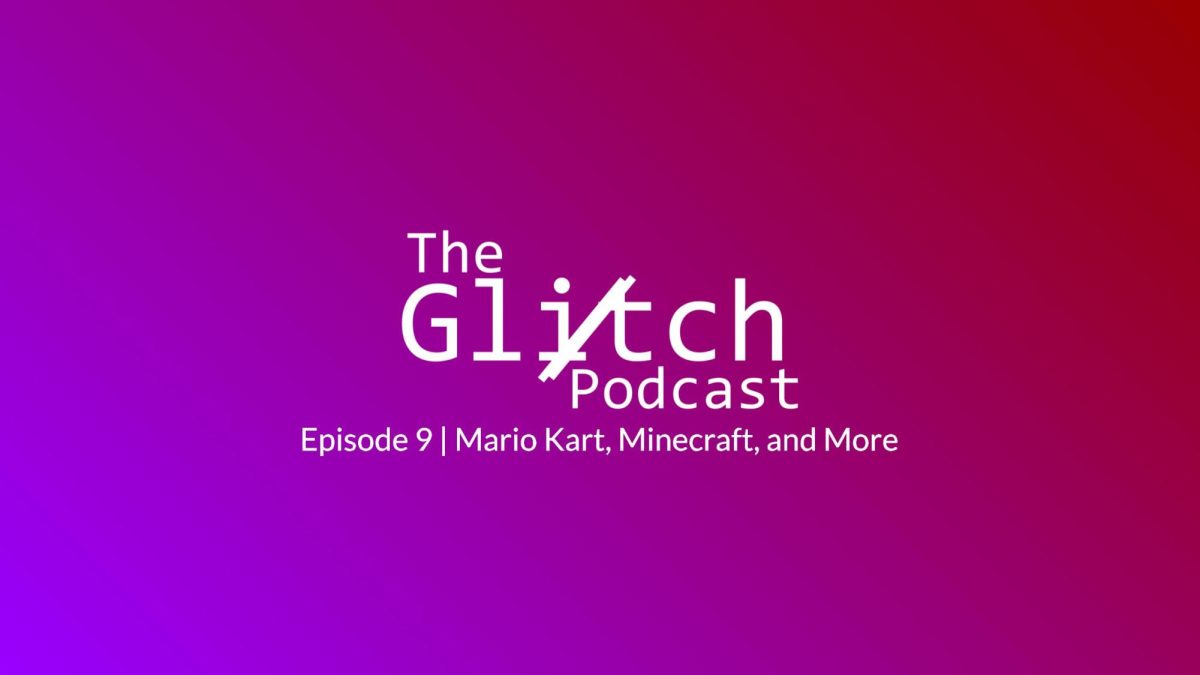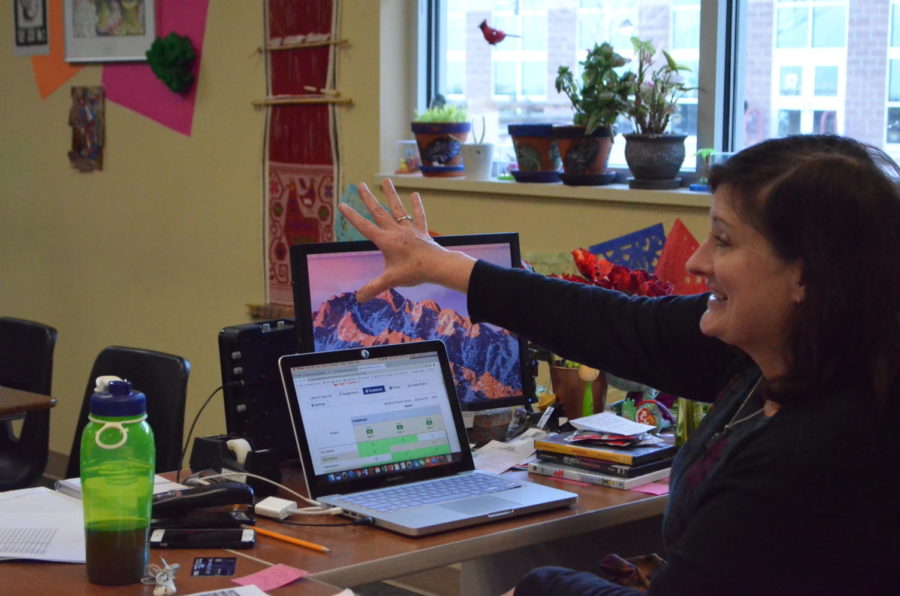Teachers Rediscovered
media by Reagan Davis
Spanish teacher Margaret Motz develops her students foreign language skills during 7th period Dec. 5. Motz has been trying different techniques for her students to try for the past three months after undergoing the three month long National Geographic journey.
December 7, 2018
Nationally recognized organization, National Geographic, can certify teachers as National Geographic Certified Educators. The path to certification can take up to three months of reading, planning and writing. While doing this program everything can be finished on a computer as well as meeting with peers. This program is open to any teachers throughout the nation and it reflects real world skills and learnings along with Geography, Science and even foreign languages.
“They say it’s a 15 hour process. You have to do some online training watch some videos, and get some information. I was working with some other teachers here on the same certifications so we planned an integrated unit all together which made it interesting for the kids because we made a situation where they were in a real world scenario like going into a conference where they don’t know everybody. There were different classes, different backgrounds and they were trying to find solutions to thing so it made it really fun for all of us because we tried some things we had never done before and worked with some teachers to push our thinking in different directions,” Biology and Environmental Science teacher Jenny Sickle said.
Becoming National Geographically Certified is a big accomplishment that impacts the way people teach and incorporates “thinking outside the box”.
“It was about going through the process and finishing that was really awesome because not many teachers can say that they are National Geographically certified, and it took a long time,” Zoology and Biology teacher Nikki Dobos said.
Even though the process of becoming a certified educator is a difficult and time consuming process, there are numerous benefits that come with being a certified educator.
“It’s just being able to work with other people beyond your classroom and share your ideas because it’s easy to get stuck in a rut, and as much as you can collaborate with others in your building, it’s helpful to collaborate with others who maybe have experience where they can bring insight into the things you’re teaching and that really helps. I’m still thinking of applying to see if I can do one of the expeditions. That would be a really cool experience and what I could bring back from that experience would be really helpful,” Dobos said.
Being apart of the National Geographic community also allows teachers to change the way they look at their own community and understand different aspects each individual plays.
“We started in August and everything was due on Dec 1. For my end project I did gender roles in the Spanish speaking culture and then how gender roles can affect climate change. So that brought nature into the human world and into my classroom. In a lot of third world countries, women are not educated. Therefore, they don’t do things that are necessarily healthy for the climate. For example, uneducated women tend to have more babies. That is not exactly healthy for the environment right now,” Spanish teacher Margaret Motz said.
Becoming a Certified National Geographic Educator is no small endeavor- it requires time and careful planning. Congratulations to Nikki Dobos and Amy Hommel on their accomplishment of becoming certified. We are anxious to hear back from Margaret Motz and Jenny Sickle on the status of their certification.
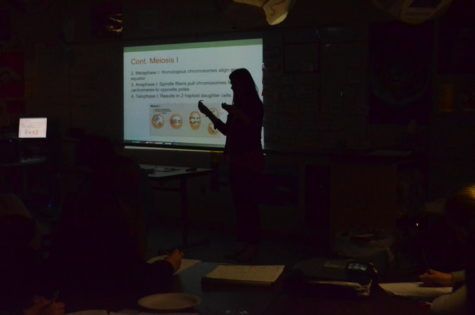
Zoology and Biology teacher, Nikki Dobos teaches her Honors Biology students about Meiosis Dec. 5. Dobos encouraged her students to “think outside the box” during 7th period while learning the topic.
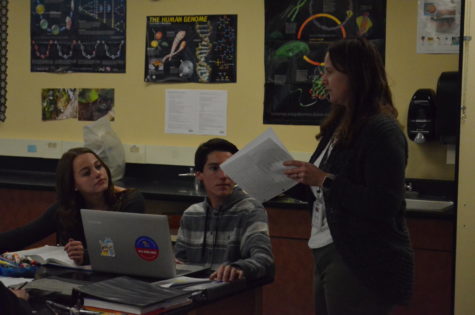

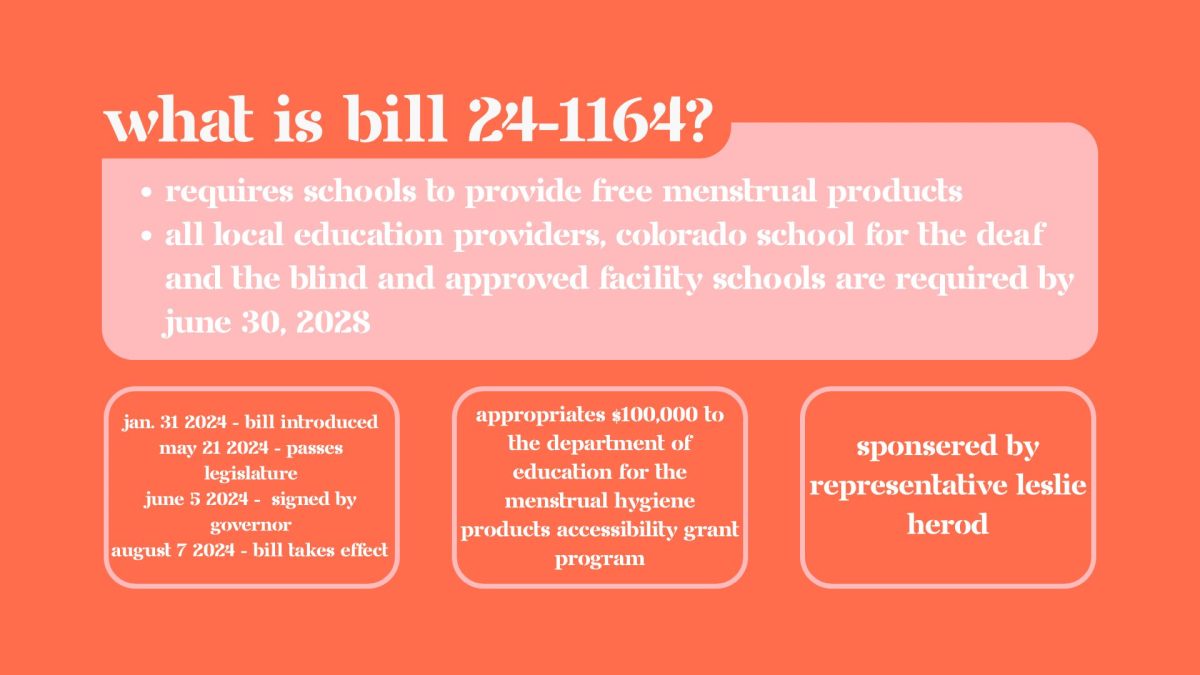

![Minutes before the Activities Fair in the gym, president Abhi Gowda ‘26 prepares the stall for his club Helping Hands, Sept. 4. A relatively new club, Helping Hands was co-started by Gowda and focuses on assisting the homeless, and just last year they succeeded in raising a couple hundred donations to send to shelters. This year, they have goals to expand, with hopes to increase volunteer opportunities and take in-person trips to shelters, as well as extend their help beyond just homeless people. “The Activities Fair gives a lot of underclassmen the opportunity to really get to know the Canyon culture, and it gives them many opportunities for service and volunteering,” Gowda said. “[Through the Activities Fair,] I hope to find a bunch of new and passionate members about our club and just get our name out there and spread awareness to the cause that we’re fighting for.”](https://rockmediaonline.org/wp-content/uploads/2025/09/1-2-1200x885.jpg)
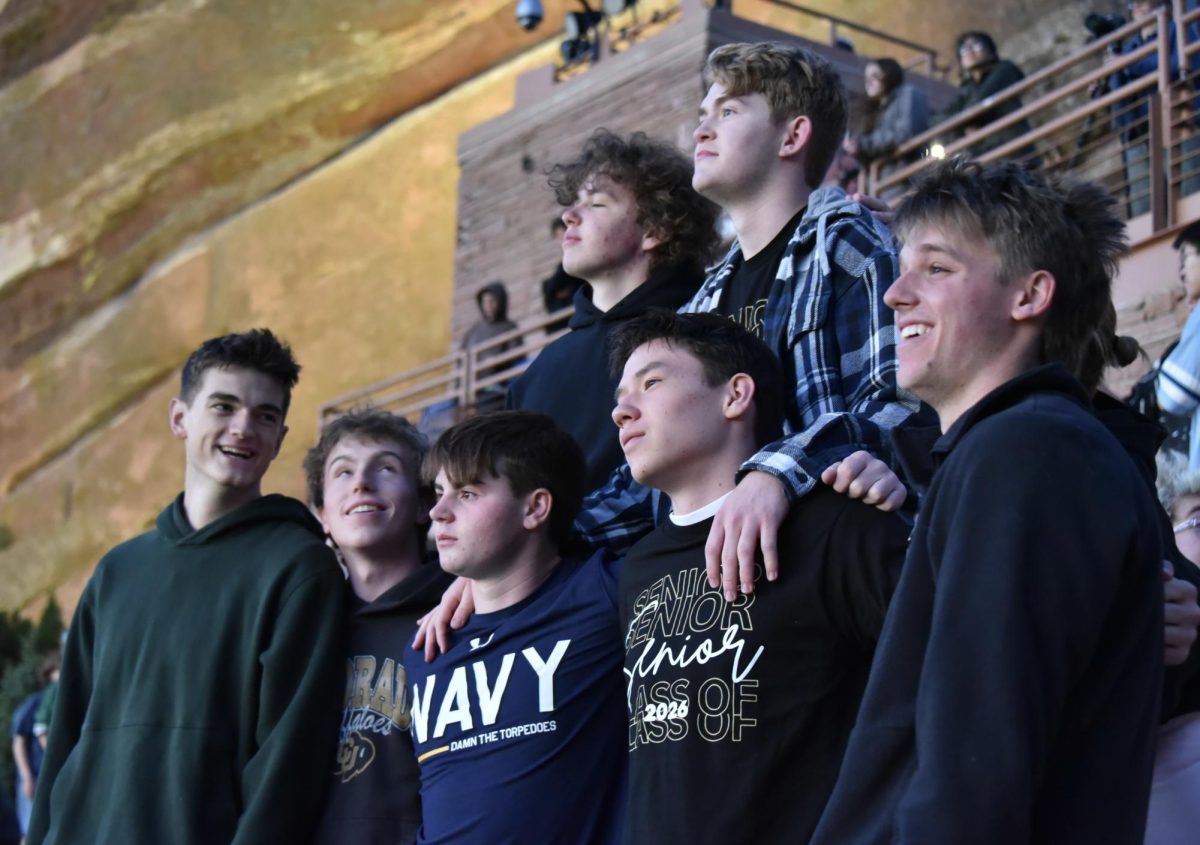




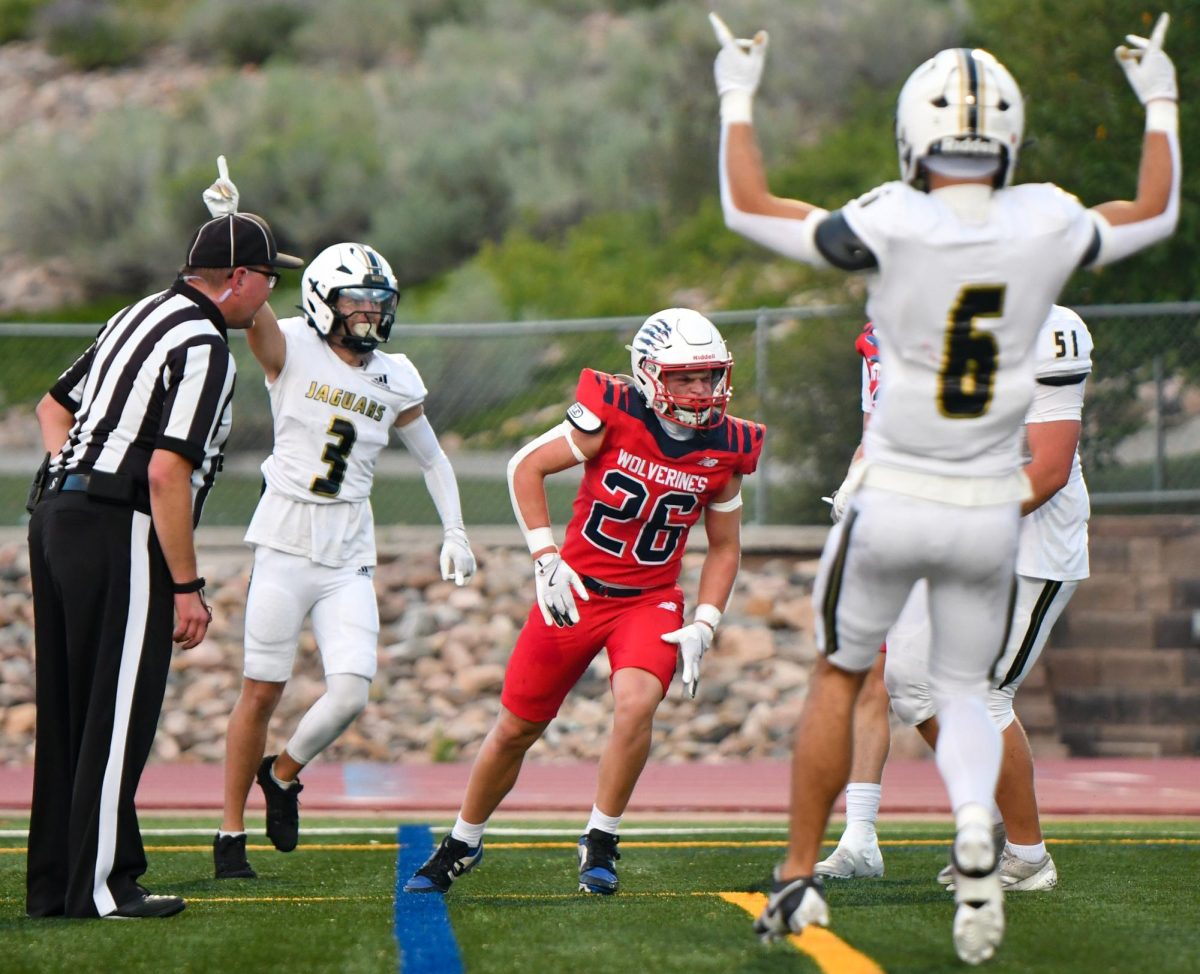

![The winter guard team makes fifth place at the state championship finals in the Denver Coliseum, March 30. The team performed to Barnes Country's “Glitter and Gold,” lead by coaches Margo Sanford, Blair Bickerton and Anna Orgren. In their class there were a total of nine groups participating, and the top five who made it to finals received a plaque. “[Walking onto the stage] is very nerve-wracking, but also very exciting as well. When you first start color guard there's a lot of anxiety and uncertainty when you first perform in front of an audience, but once you've done it for a while, it starts to become the best part of the season,” Ella West ‘25 said. “It's very fulfilling to see an audience react to something you've put your heart and soul into.”](https://rockmediaonline.org/wp-content/uploads/2025/04/Both-socal-media-nd-website-main-1-1200x846.jpg)
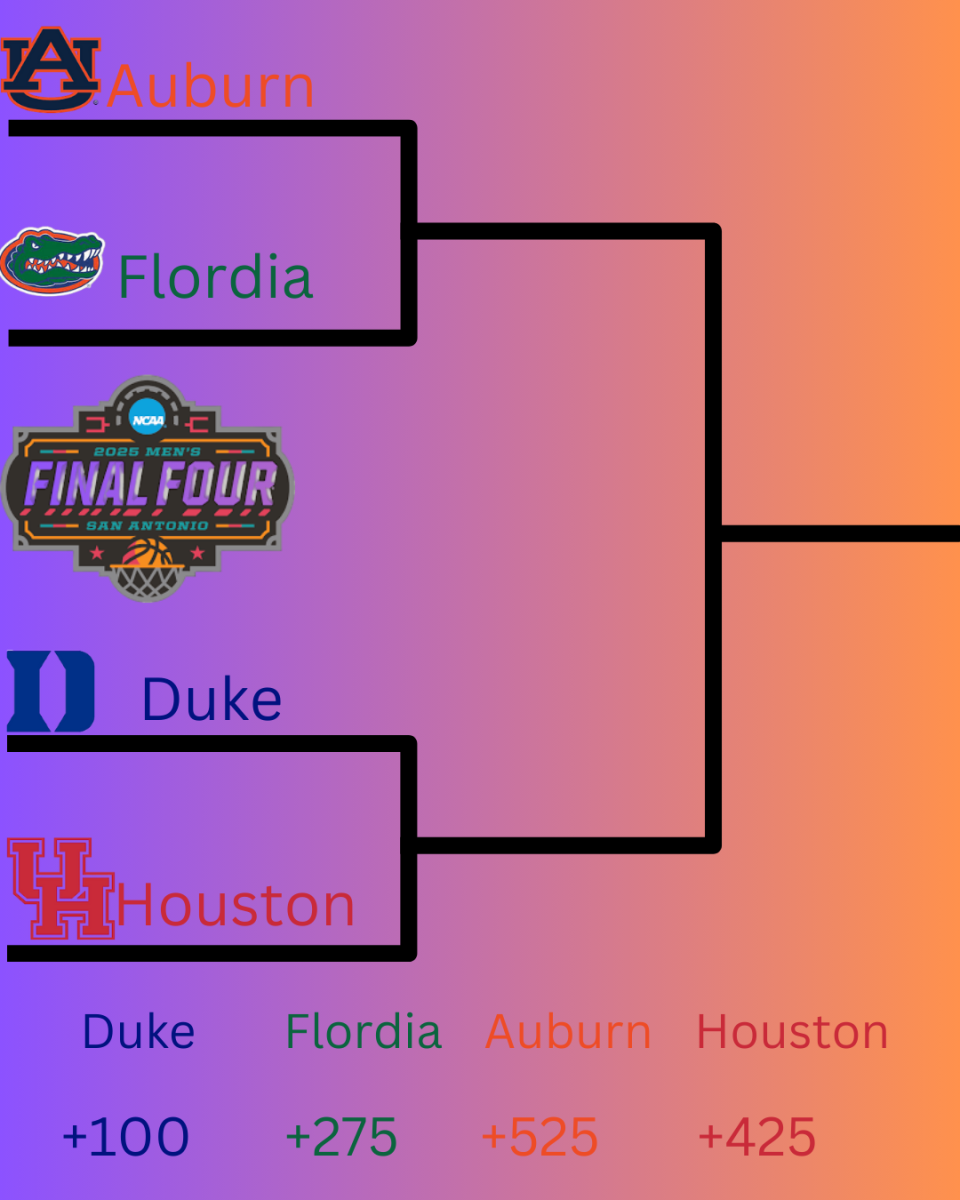
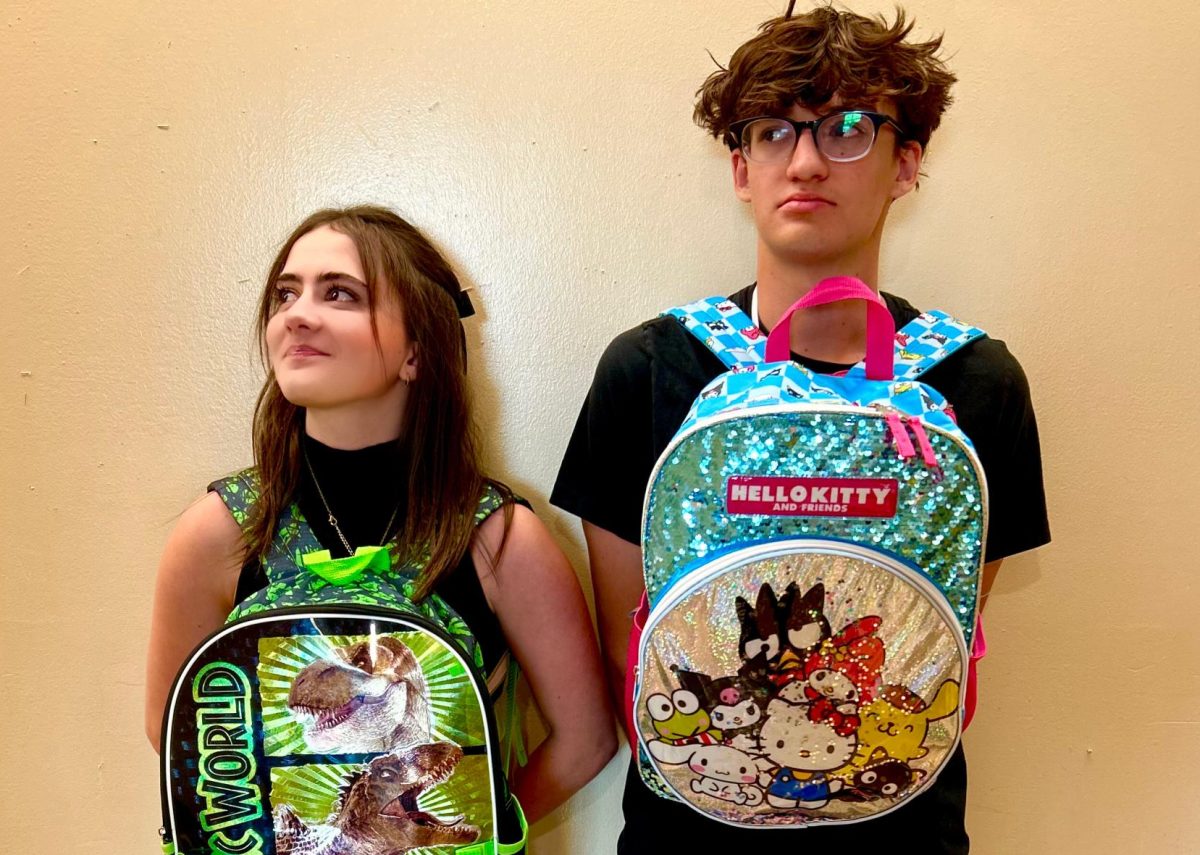
![April marks the 25th anniversary of Sexual Assault Awareness Month, created by the National Sexual Violence Resource Center (NSVRC). This month is to spread awareness of the harassment, assault and abuse that happens around the world. The symbol that represented the month was a teal ribbon; however, some survivors of assault create different symbols and movements like the TikTok trend in 2022, where survivors would tattoo Medusa on their body, in honor of her backstory in Greek Mythology. “I don't think [this month is known] at all. I rarely see anybody talk about it. I rarely see much of an emphasis on posting it online, or much discussion about it, and I feel like there needs to be way more discussion,” an anonymous source said. “I think just validating every experience that a person has gone through, regardless of the degree of it, the severity, is an essential step into making sure that people are aware that this is a very real problem in a society and that we need to do better in addressing it.”](https://rockmediaonline.org/wp-content/uploads/2025/04/IMG_0011-1200x900.jpg)


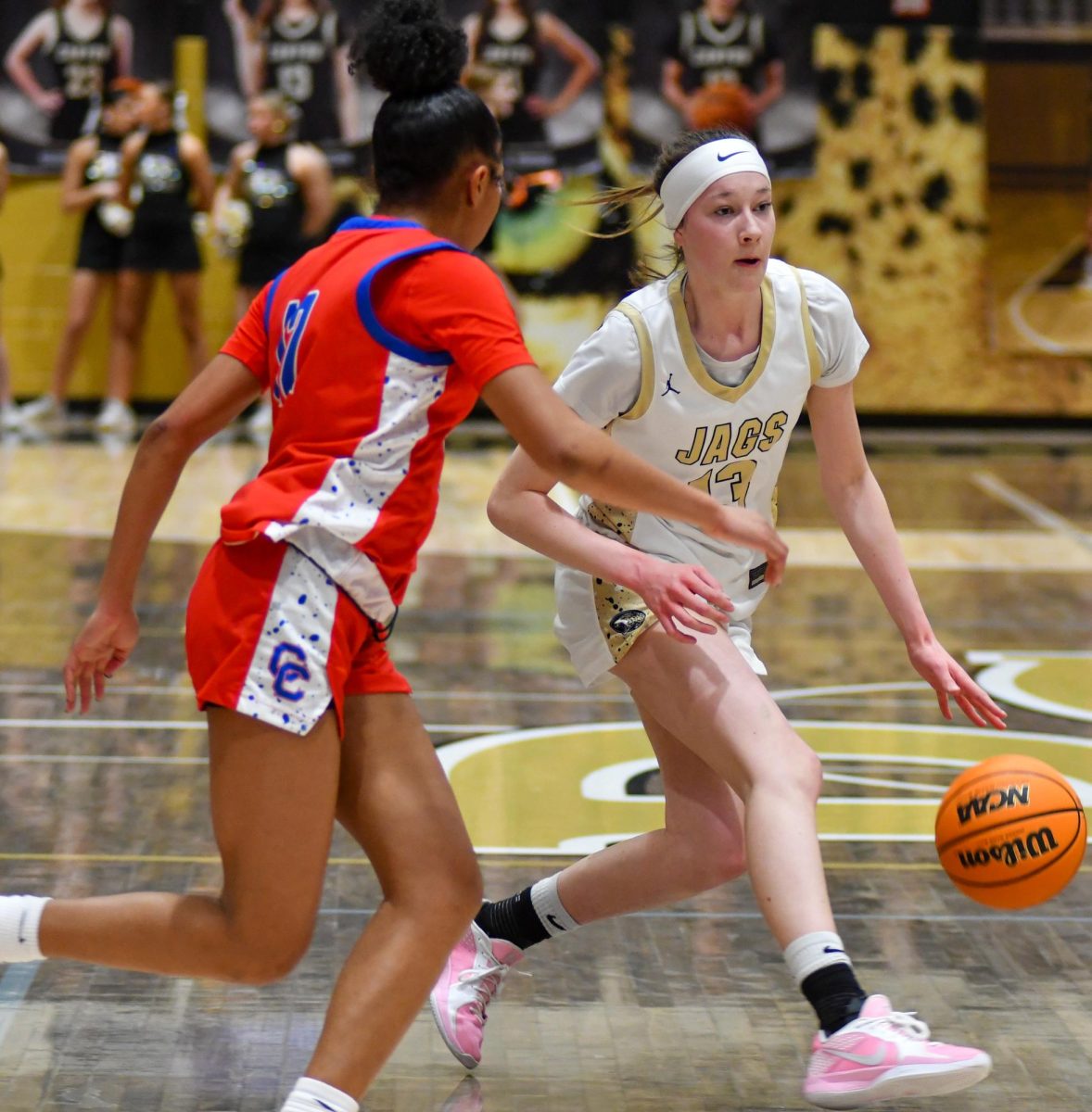



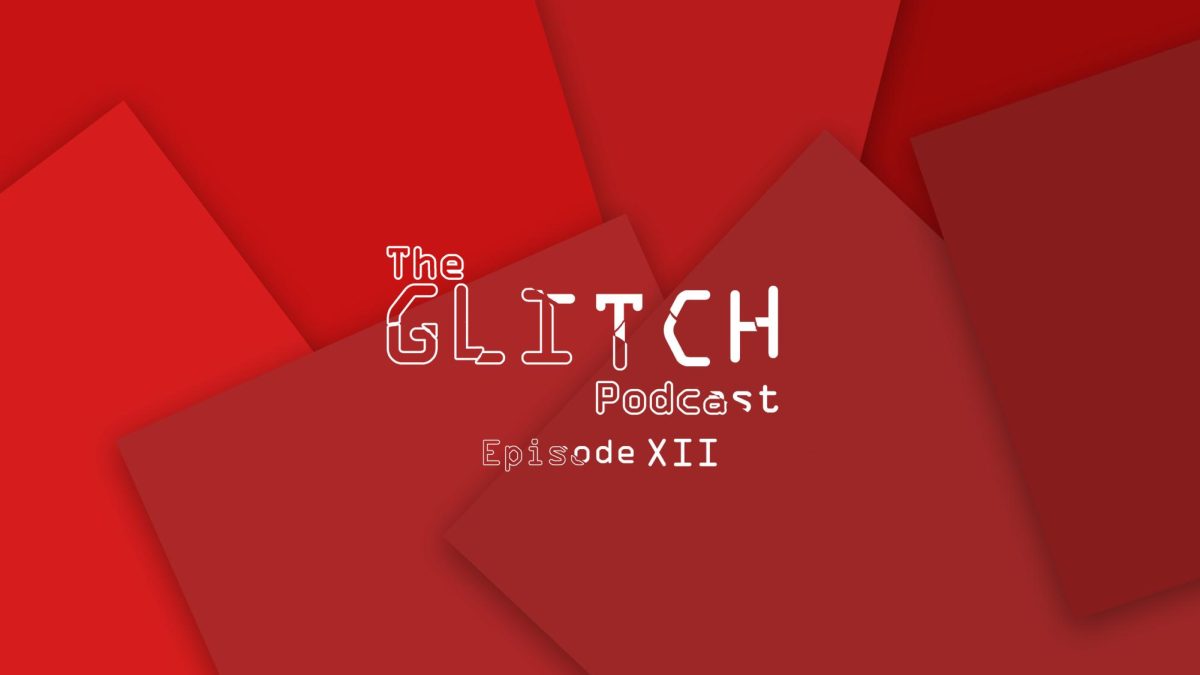
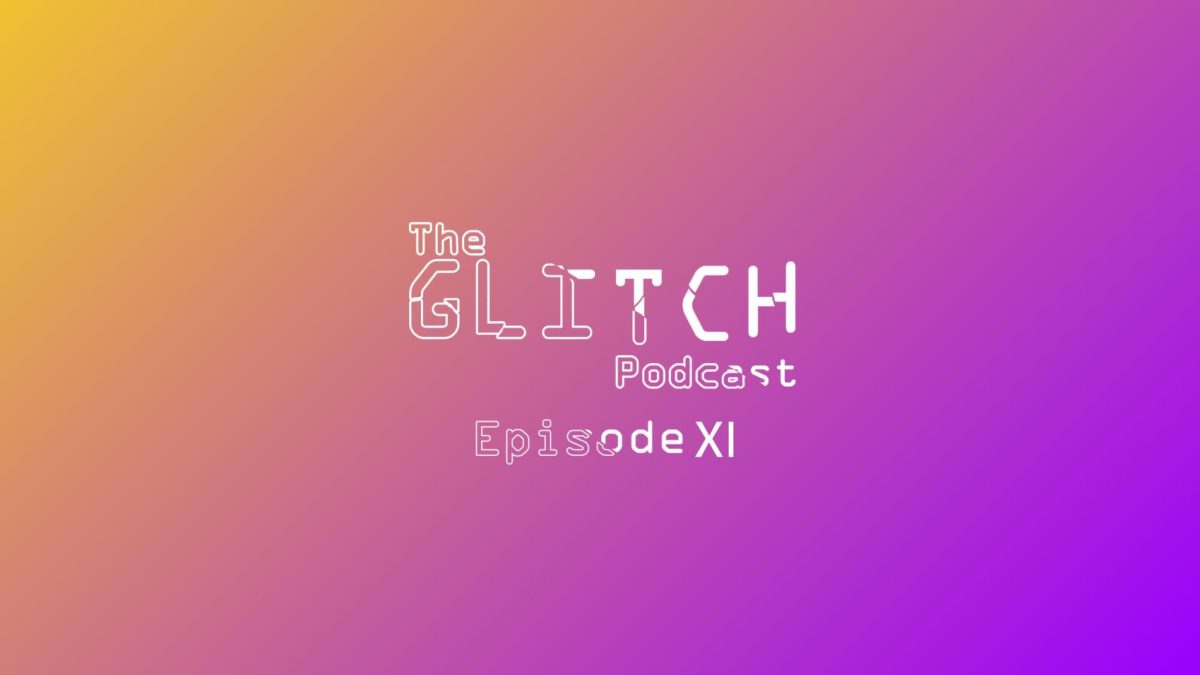

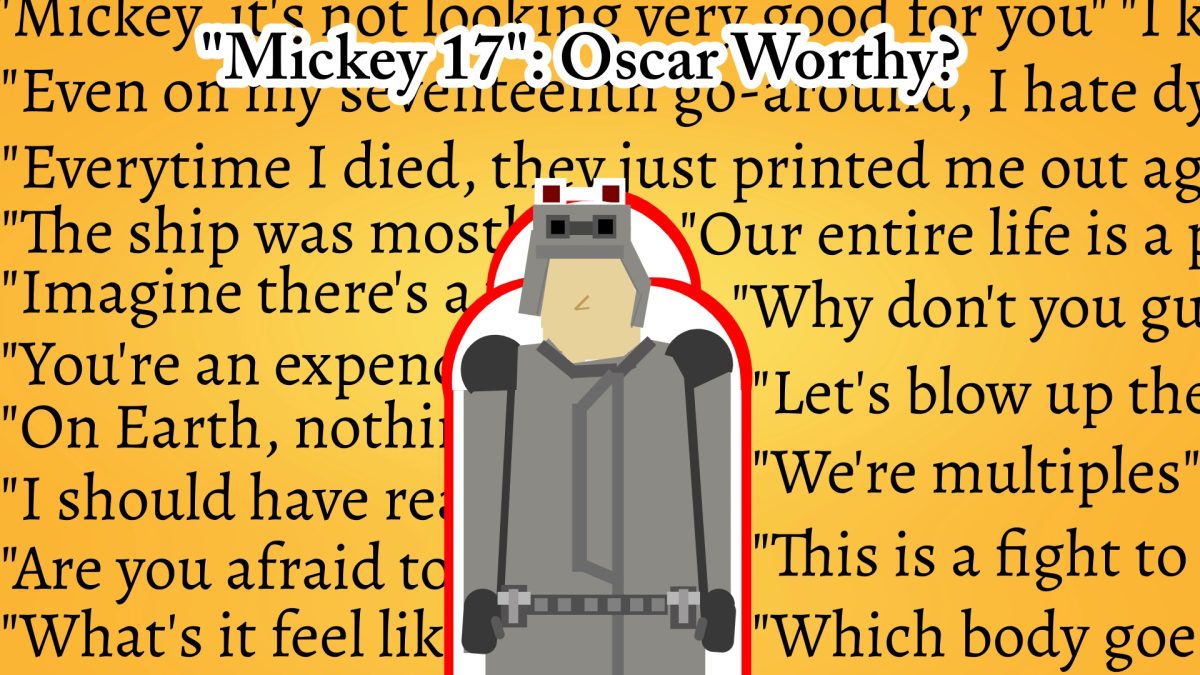
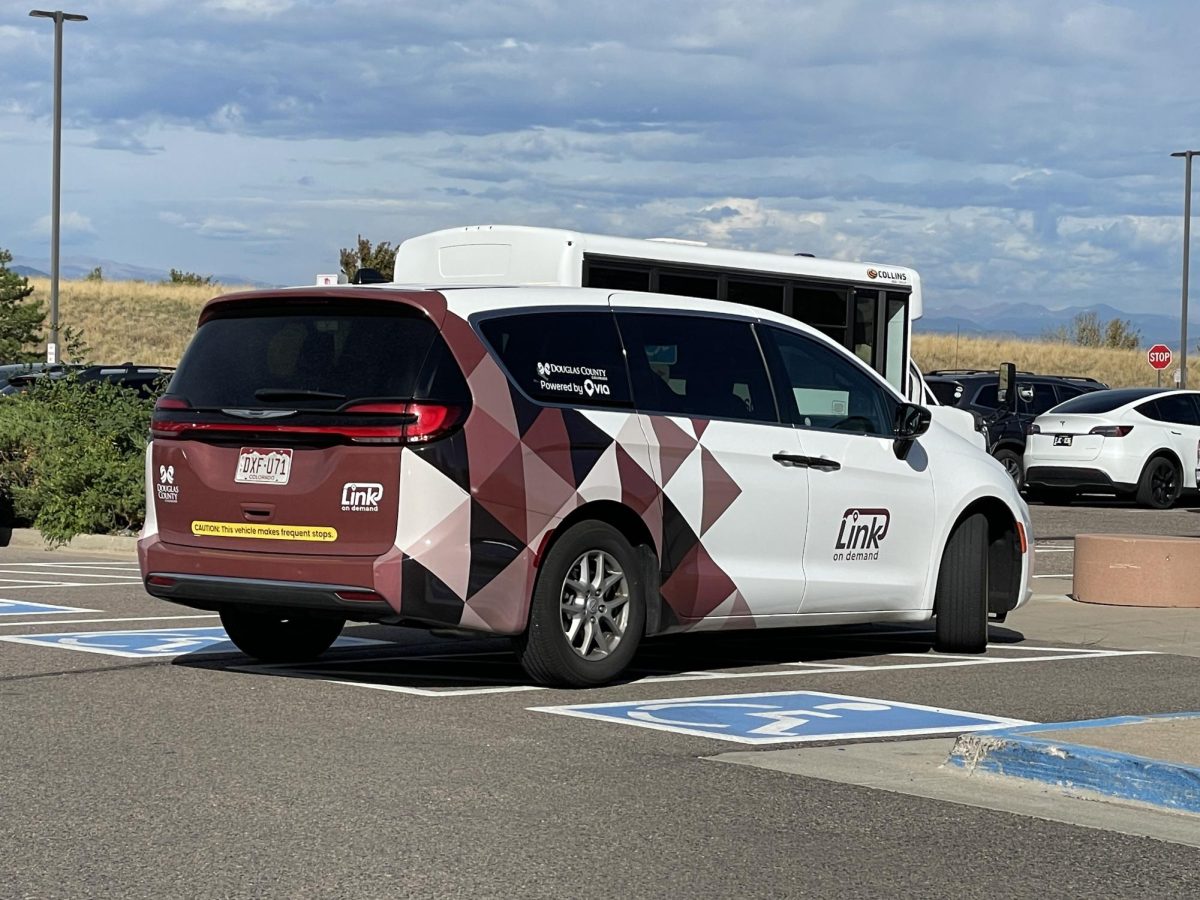
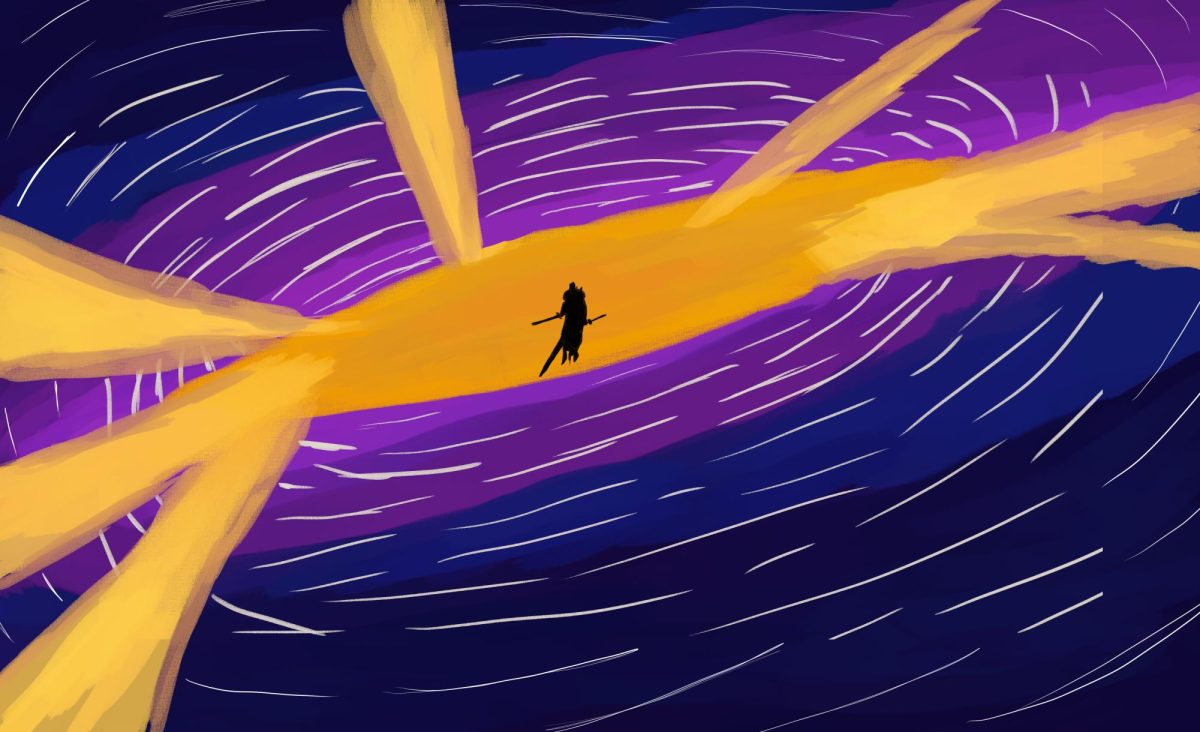
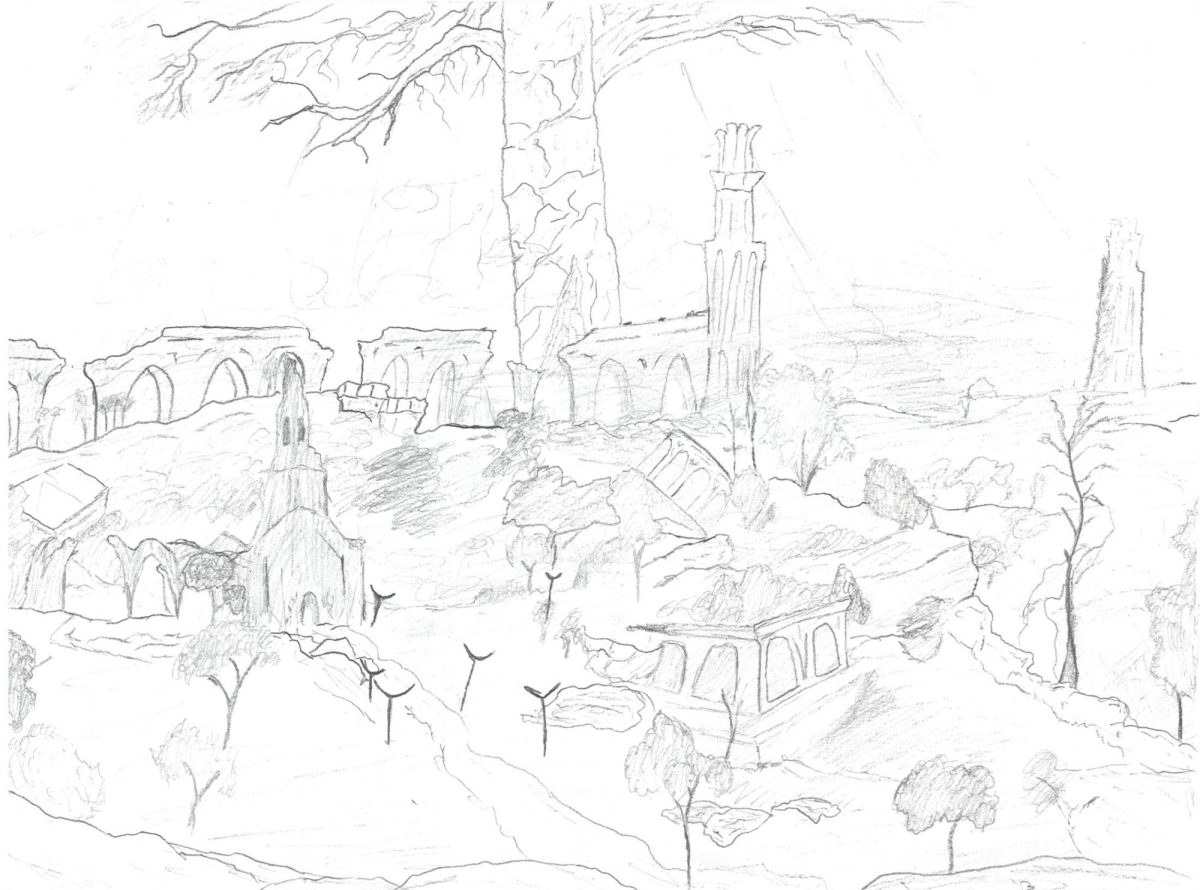
![Lesbian Visibility Day is April 26, and it’s a holiday to celebrate the lesbian community of the world. Lesbian Visibility day was established in 2008 by many queer activists and organizations who sought to raise more awareness for lesbian history and culture. “So this is why during Lesbian Visibility [Day] we celebrate and center all lesbians, both cis and trans, while also showing solidarity with all LGBTQ+ women and nonbinary people,” Linda Reily, in an article written by her, said.](https://rockmediaonline.org/wp-content/uploads/2025/04/Lesbian-Visibility-day.jpeg)



